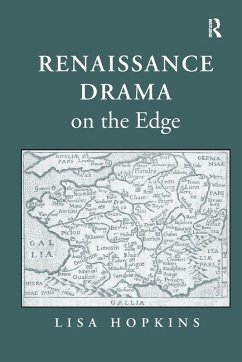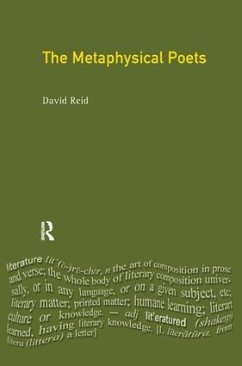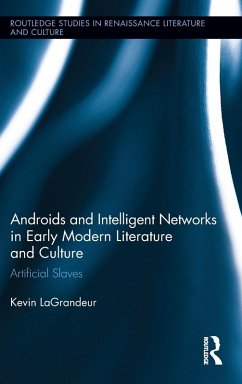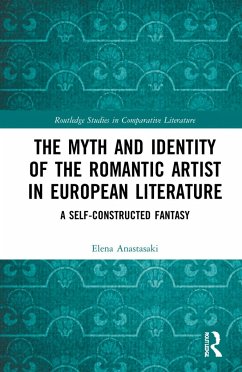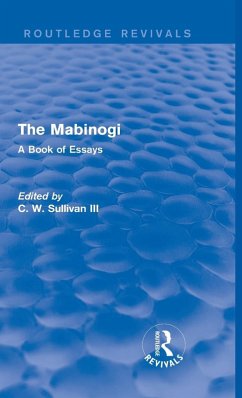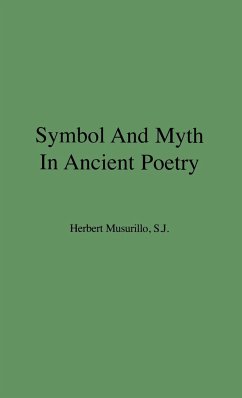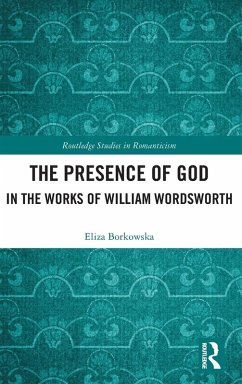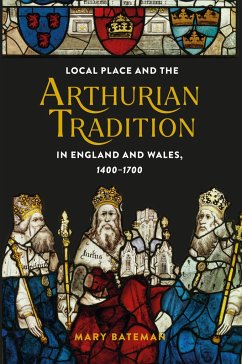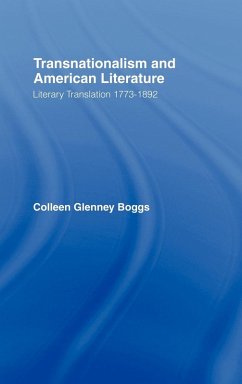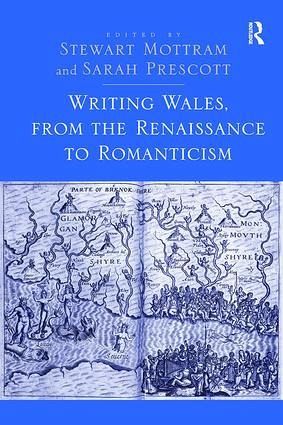
Writing Wales, from the Renaissance to Romanticism
Versandkostenfrei!
Versandfertig in 1-2 Wochen
60,99 €
inkl. MwSt.
Weitere Ausgaben:

PAYBACK Punkte
30 °P sammeln!
Writing Wales explores representations of Wales in English and Welsh literatures written across three tumultuous centuries, from Wales' union with England in 1536, to its industrialisation in the early nineteenth-century. Uniquely, it explores how period divisions like 'Renaissance' and 'Romanticism' have helped shape scholarly treatments of Wales, and it asks if we should continue to reinforce such period divisions, or else reconfigure our approach to Wales' literary past.





